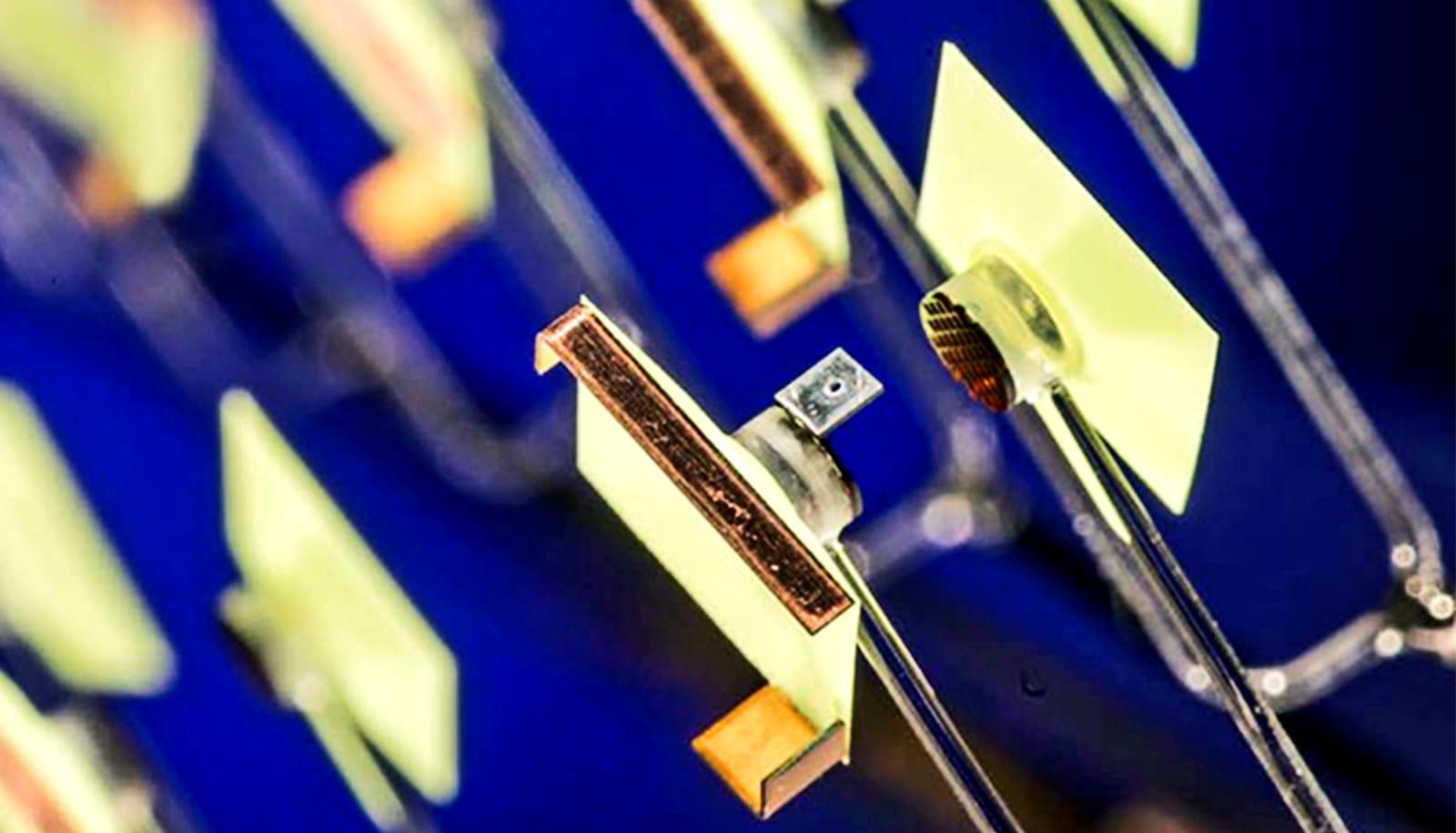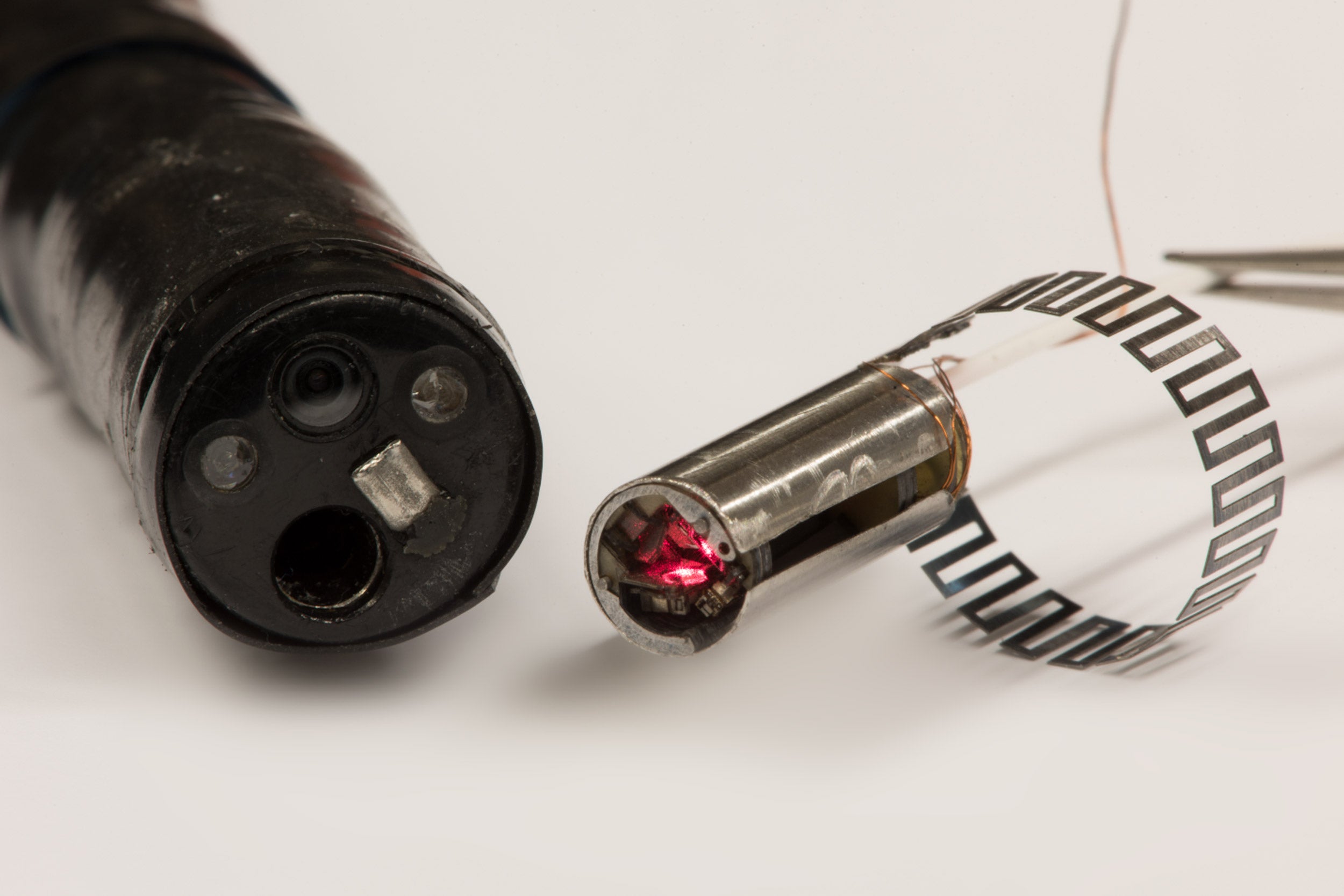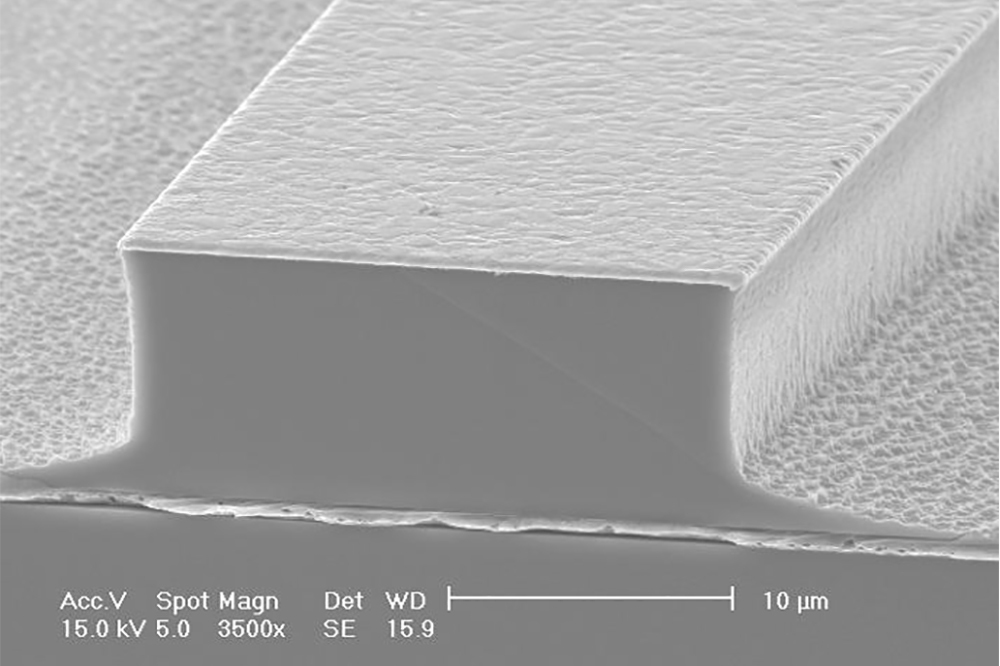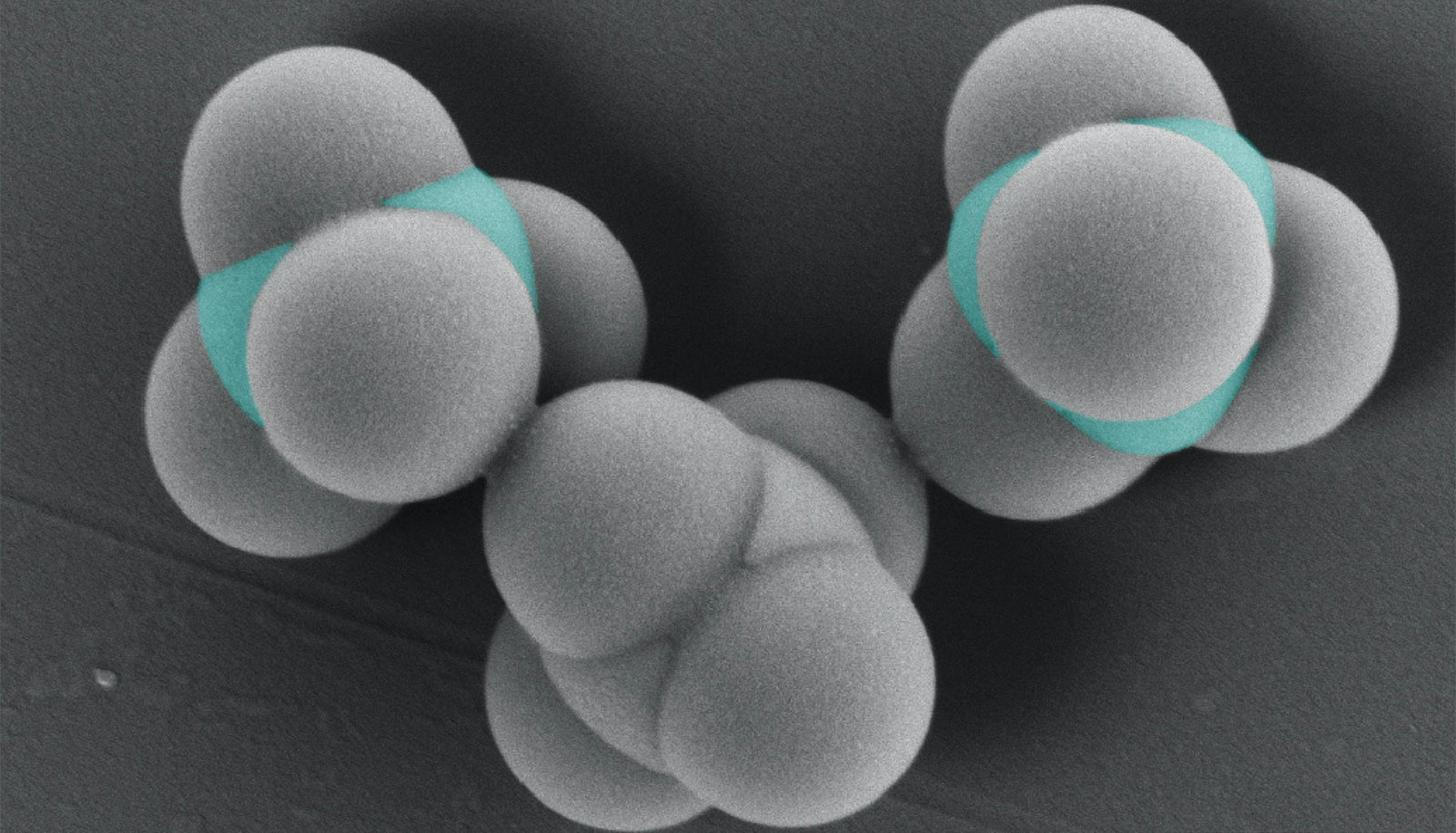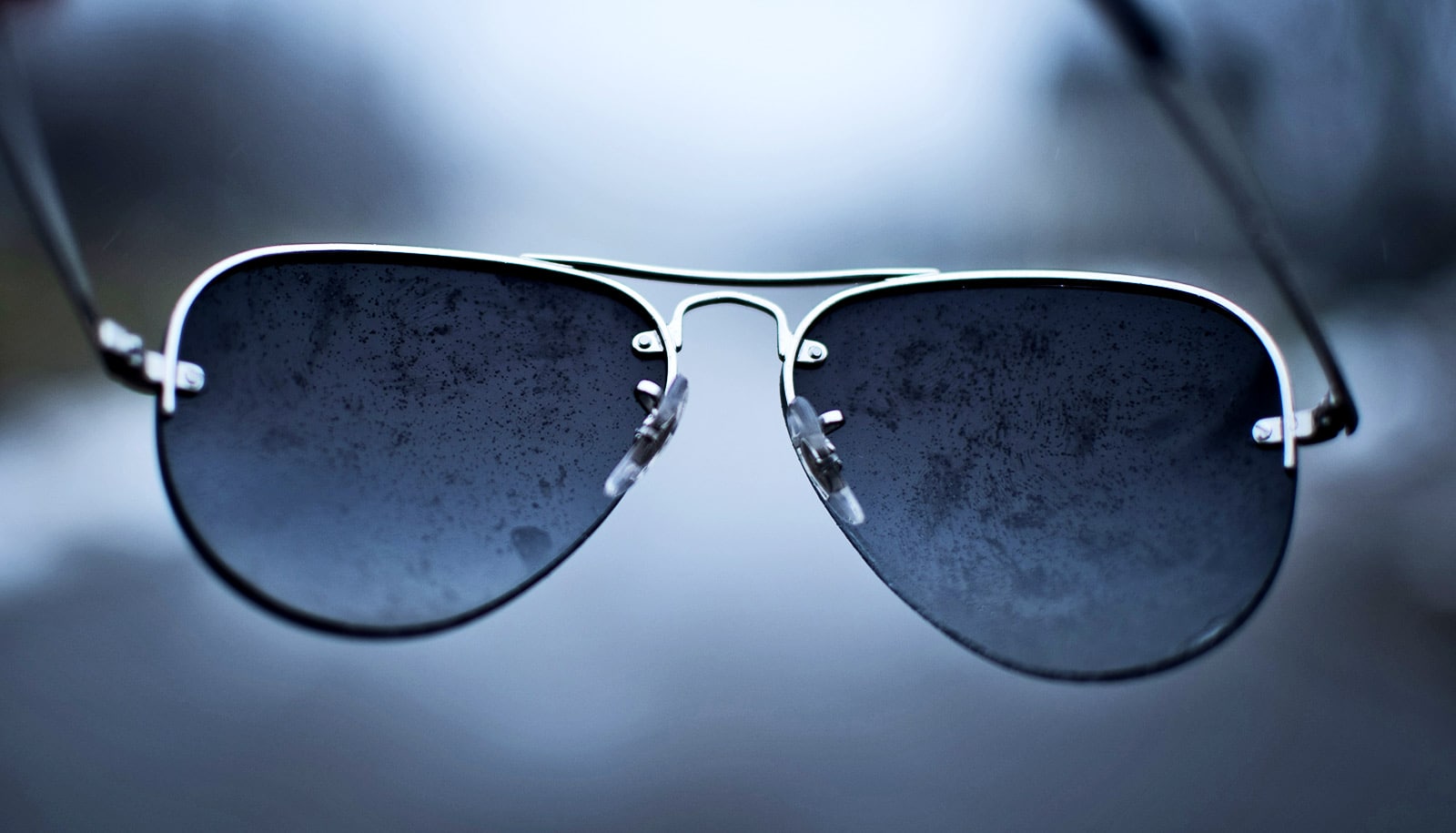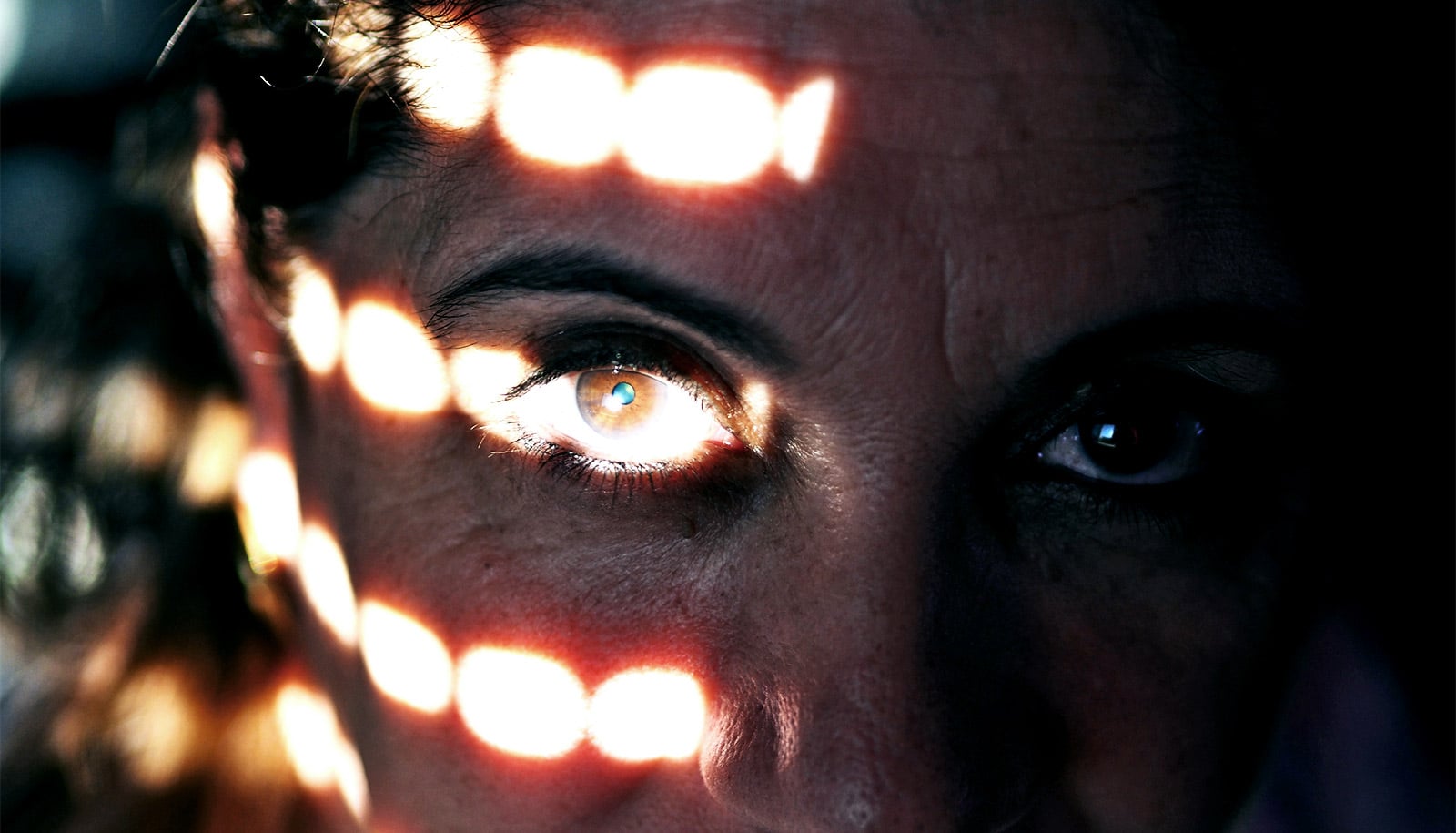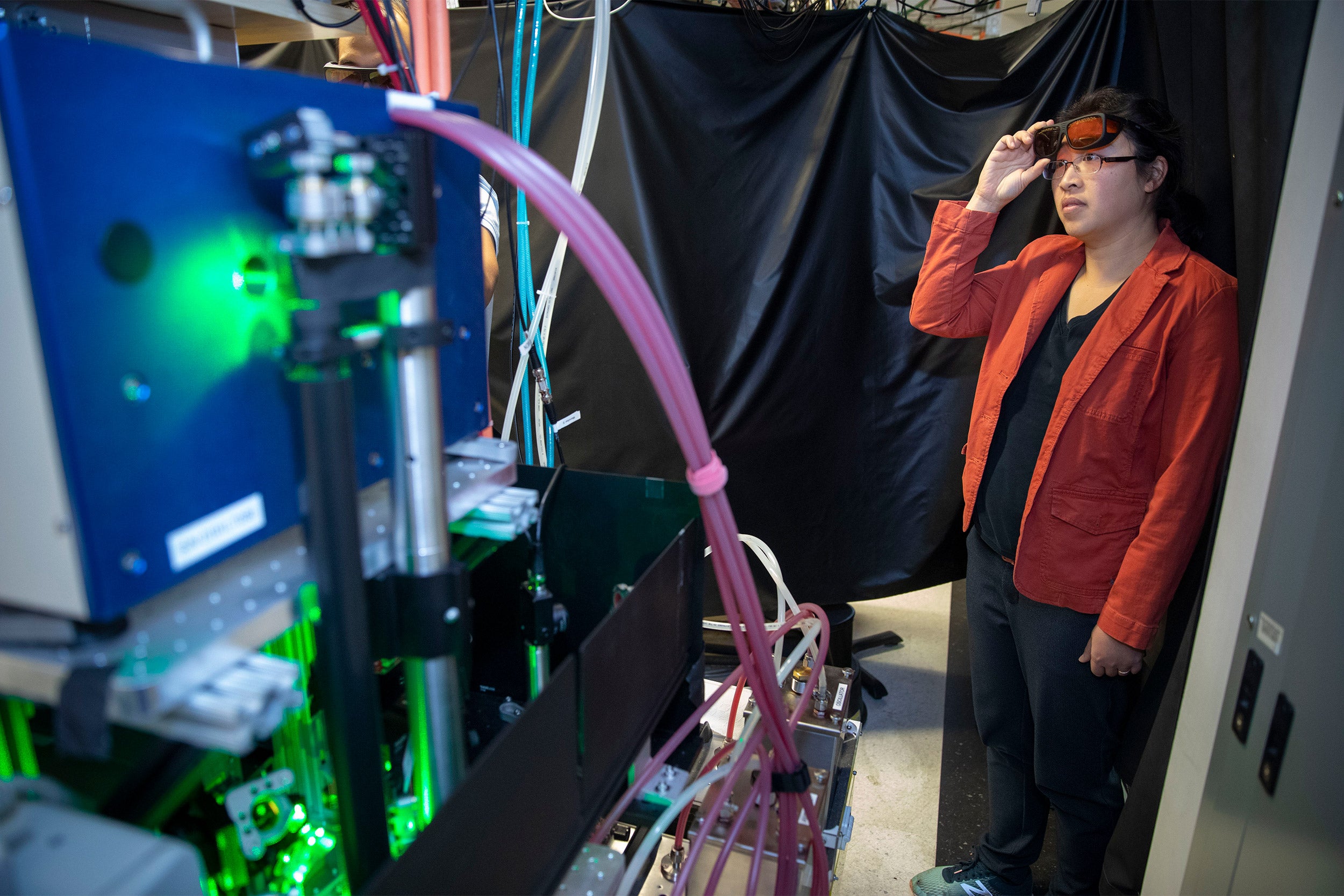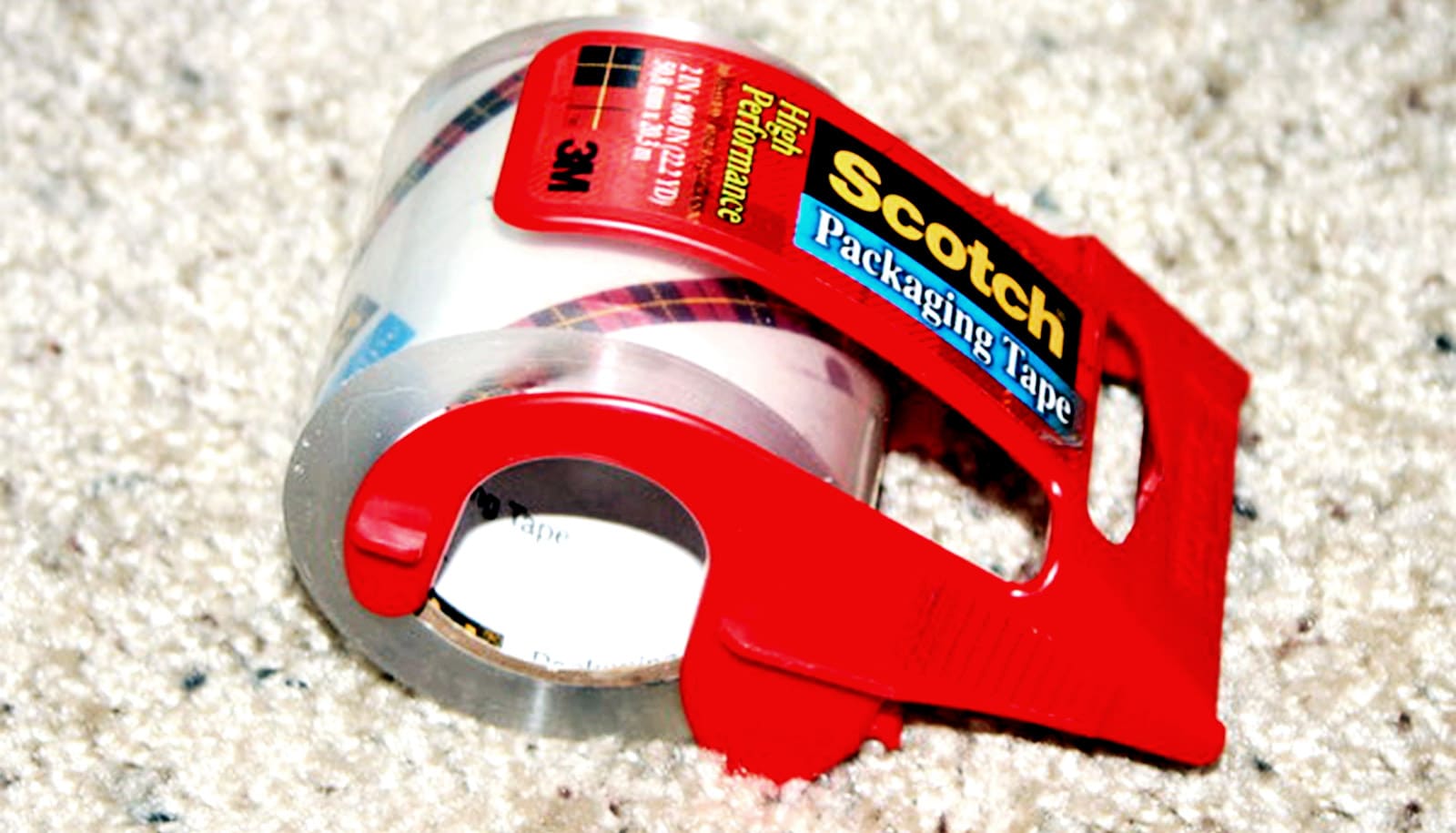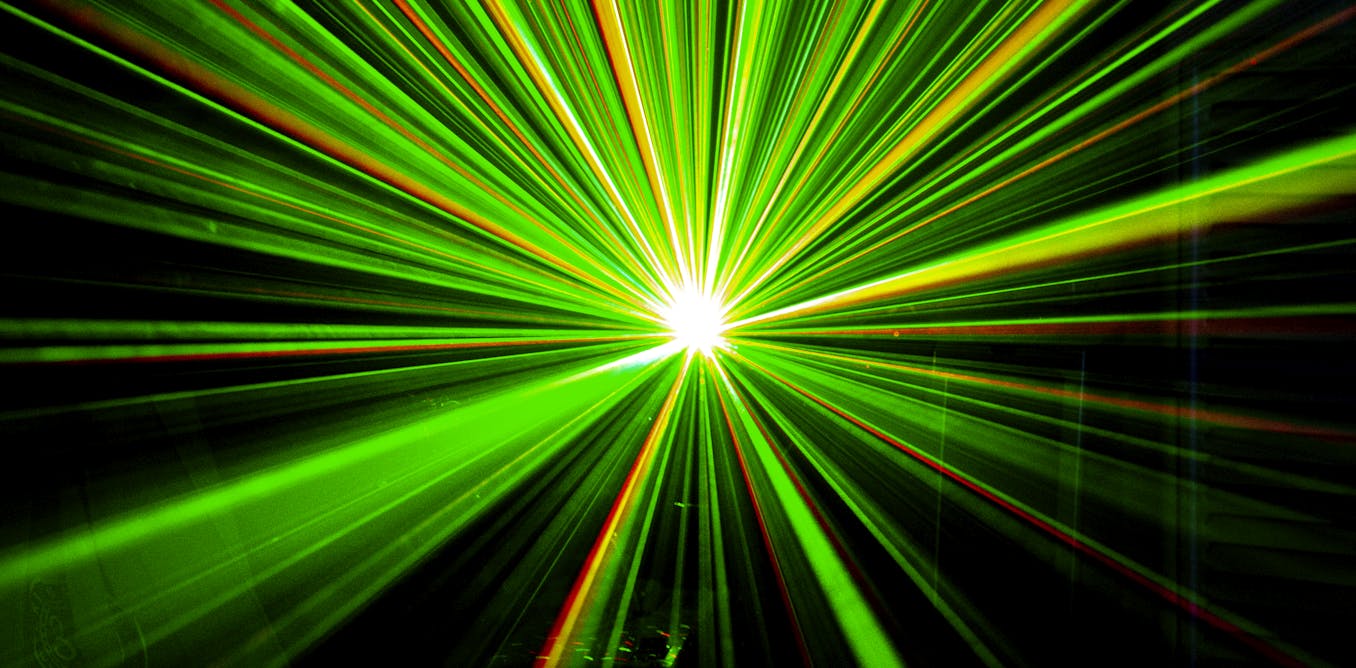Laser-steering microrobot offers surgeons high-speed precision
Robotic engineers from Harvard’s Wyss Institute and John A. Paulson School for Engineering and Applied Science have developed a laser-steering microrobot in a miniaturized 6 by 16 millimeter package that can be integrated with existing endoscopic tools.
Harvard Gazette •
harvard
Jan. 13, 2021 • ~6 min
Jan. 13, 2021 • ~6 min
/
6

